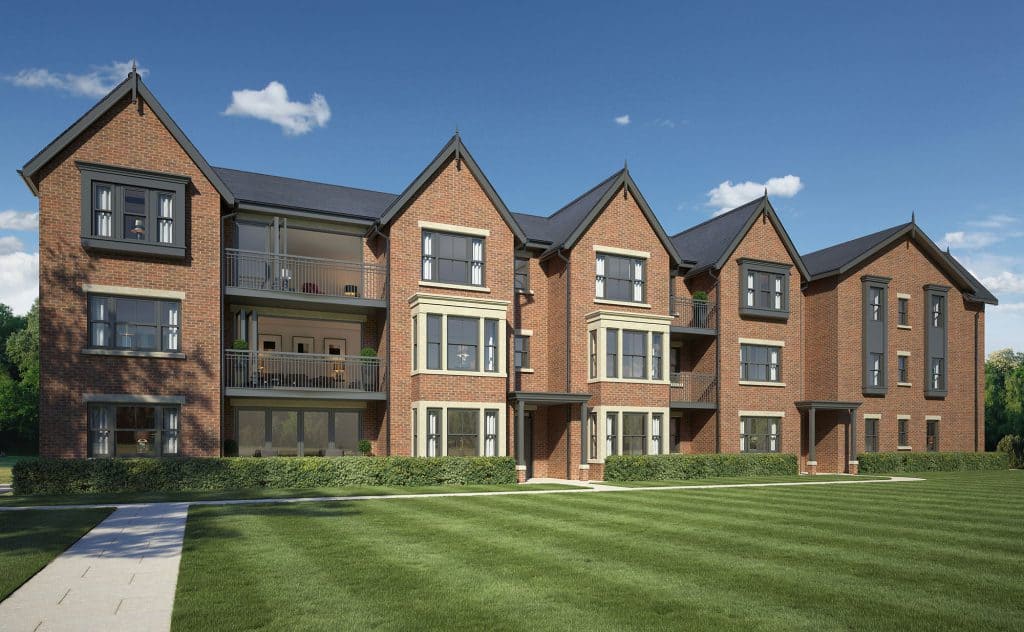
8 November commemorates the annual celebration and 75th anniversary of the World Town Planning Day whereby Planners and communities across the world come to reflect on how planning improves the lives of many people in society, creating vibrant and sustainable places to live, work and play.
This year celebrates the theme of ‘Homes Start with Planning’. This theme looks at the role of Planners and planning in delivering housing that meets the needs of our communities and in helping create sustainable solutions for all.
In the UK, this has been manifestly failing. We have a housing crisis with low levels of supply and affordability which are affecting quality of life, the economy and mental wellbeing – and the new Labour Government is looking to fix it.
The Deputy Prime Minister has written to every Council Leader and Chief Executive in England to make clear that there is “not just a professional responsibility but a moral obligation to see more homes built.”
The Chief Executive of the Royal Town Planning Institute, has also highlighted how the proposed changes to our planning system have the potential to “rebuild trust in the planning system.”
The Chief Executive of the National Housing Federation, said that
we strongly welcome the government’s commitment to reintroducing more ambitious mandatory housing targets
recognising the importance of social and affordable homes, and to overhauling the planning system, which has been long called for.
The National Planning Policy Framework’s presumption in favour of sustainable development is already intended to encourage planning authorities to grant permission for allocated sites without delay, and where relevant policies are out of date, granting permission unless the adverse impacts would significantly and demonstrably outweigh the benefits.
However, these policies are simply not speeding up decisions or securing enough approvals to properly address the national housing crisis.
Changes to planning requirements by successive governments has significantly raised the entry point for applicants, irrespective of the size of the development proposed. This results in a system that is heavily weighted against the applicants for smaller projects, where the cost to engage is disproportionately high.
Coupled with under-resourced councils and consultees, applications across the country are effectively stuck, with endless delays or decisions with unnecessary conditions requiring ever more submissions and frustration across the board – and more ‘planning by appeal.’
Something has to give. The new government has been making the right noises and it will be interesting to see if its intention to ‘reform’ and ‘strengthen’ the presumption in favour of sustainable development in “get Britain Building again” will have meaningful any effect.
Housing development is sensitive and often ‘politicised’ at a local level. With low levels of up-to-date Local Plans, applications are regularly promoted on unallocated land, especially where councils cannot demonstrate a five-year housing land supply.
The plan-led system is acting as a barrier and, with out-of-date Local Plans across the UK, there is a lack of provision for the scale of housing supply required.
When applying for new homes, we believe that the requirements (especially for outline submissions) should be simplified considerably to attract more developers back into the market and focus on the ‘key considerations’ to be agreed with officers on a site by site basis.
The presumption in favour of sustainable development must be reinforced to have any chance of reaching the objective of building 1.5 million homes by the end of this parliament.
At P4 Planning, we have taken the opportunity to use this day to reflect on some of our own experiences of securing planning consents for new homes and the time and effort each scheme represents, as we continually seek to contribute to boosting the supply of homes for present and future generations.
Every application has its own story and challenges to overcome but the one consistent is that there is always delay and extensive time required through pre-app and post submission stages…
Dunham Massey, Trafford [Edgefold Homes]. Circa two years to negotiate planning permission for just seven homes on a redundant brownfield site in the Green Belt. Now complete.
Tatton Arms, Northenden, Manchester [Britannia Property]. Over two years (including an appeal) and resubmission to secure permission for 28 apartments in retaining former pub in the Green Belt. Site still vacant and dilapidated as permission still unviable.
Quay Central, Liverpool [Romal]. Over 12 months to negotiate permission for 237 apartments on previously developed land within Liverpool Waters. Now complete.
Creams Mill, Bolton [Watson Homes]. Circa two years (including appeal) to secure consent for 220 homes and canal restoration in Green Belt at Little Lever. Under construction.
Furness Vale, High Peak [Guinness Housing Trust]. Circa 18 months to secure consent for 39 affordable homes. Not commenced.
Scholars Green, Stockport [PH Property]. Circa 18 months to negotiate consent for 37 family homes in Cheadle Hulme on former site of Hulme Hall School. Now complete.

#Planning #Placemaking #Homes #Housingcrisis #Regeneration #WTPD24 #HomesStartWithPlanning